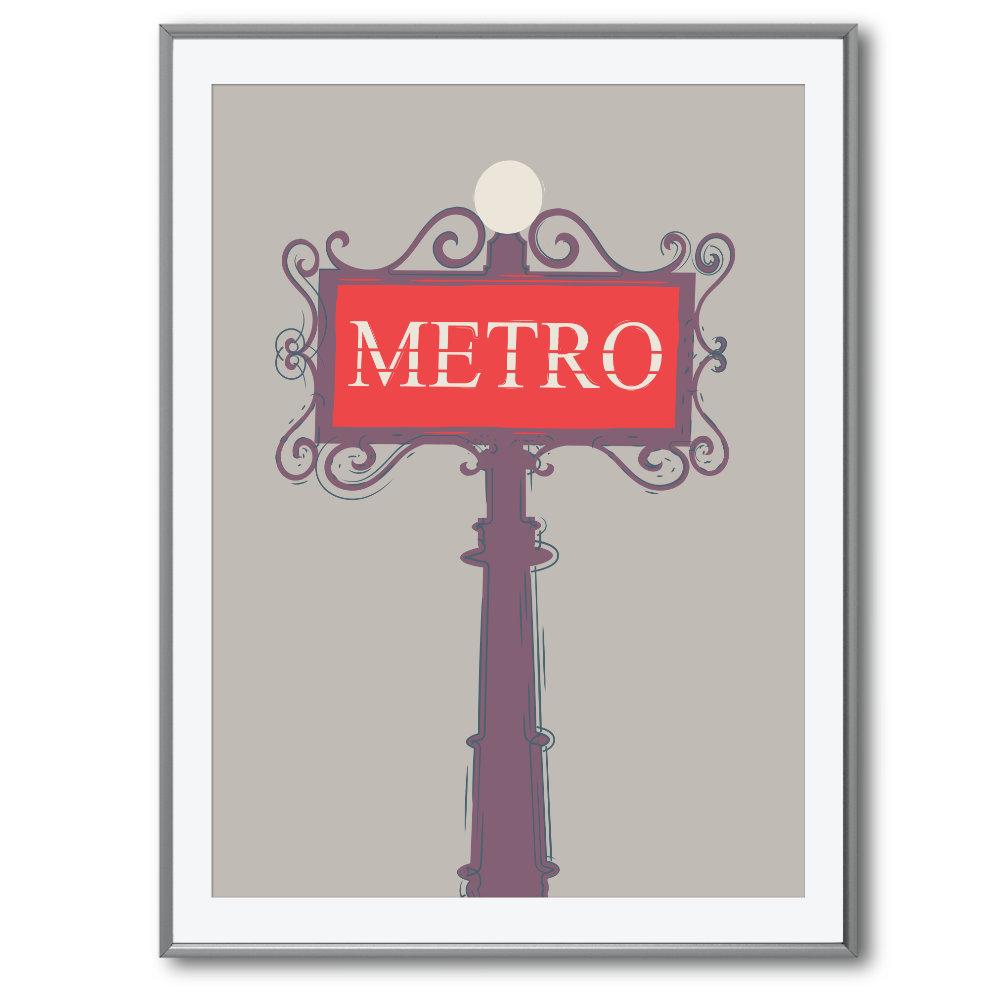Whether you are a tourist or a native, there are some things that one must absolutely avoid while in France. The French word faux pas, which literally translates to “false step”, is something to keep in mind if you are trying to make conversation in France.
Some of them may seem obvious, but there are a multitude of cultural differences that exist from one country to another. Whilst they might seem like insignificant nuances to you, these particular taboos can be taken very seriously with a capacity to offend, and could affect your interaction going forward.
And I should mention, that there is a reason that French people, and in particular Parisians, have a reputation for being rude. The reason might just be that that rather angry response is due to a cultural taboo being broken. After all, you don’t want to be on the receiving end of any of these French insults or curse words.
The French have their own set of rules governing social interaction in conversation, and if you move here and don’t know them, you may find your efforts to speak French are met with bemusement or even hostility.
So what are the top French taboos to avoid in conversation? Let’s find out, allons-y!

1. Not saying “Hello”
You may have heard of this French taboo before, but it is such a big deal, I had to point it out again. In France, it is practically the law that every conversation must start with a Bonjour greeting (hello).
Even shops and restaurants that are used to tourists will inwardly sigh and get offended if you walk in and start asking for stuff without a proper greeting.
2. Speaking English
Even if your French is terrible, it is important to at least pretend that you are making an effort.
Excuse-moi, parlez-vous anglais ?
French translation: Excuse-me, do you speak English?
The person may say no, but once you get past 2 words, their long forgotten English language skill from high school will arise to the surface and save you both from plodding along in French.
When I first arrived in first, I found that most French people were actually just embarrassed by their English accents, rather than not speaking the language. So give it a shot, ask politely if they speak English, and they just might say “yes”!
3. Asking about a person’s job
Once you get past the pleasantries, you have to make conversation about something. That something should not include asking them what they do for a living.
Even if you randomly meet someone at a party, French people do not usually ask each other what they do as a job. As an icebreaker, the subject is taboo in France.
The idea behind this is that “the job is not their life”, and so it is a subject that is generally off-limits, unless it somehow is related to the conversation at hand.
4. Personal life
So if you can’t talk about your job, can you talk about your personal life? In a word, no. French people rarely talk about their dates or their personal life even with close friends, except maybe bringing it up in passing. As in, “no I can’t go for after-work drinks, I have to meet my wife at a restaurant.”
This is especially the case in the workplace. The personal life is kept separate from the workplace. Co-workers will not exclaim about their latest dating woes or arguments with their spouse at the office canteen during lunchtime.
Another example is that, unlike workplaces in North America, it is very rare for anyone to receive flowers in the workplace for Valentine’s Day or a birthday. It is simply not done.
5. Tu vs Vous
As in all these conversations in French, the big snake in the grass of French culture is wondering whether to use Tu or Vous, the informal or formal address.
There is no hard and fast rule, especially amongst the bourgeoisie. I once was sufficiently unsure of how to address a coworker that I spoke to them in English to give myself time to figure out how others were addressing him.
Addressing someone informally in a formal occasion is a big French taboo that anglophones are simply not used to. If you do speak French but are not sure how to address someone, the default should be to use the formal Vous, and wait for the other person to say “Est-ce qu’on peut tutoyer?” (as in “Can we use tu?”)
6. Religion
Another topic that is quite taboo in France is religion. Traditionally Catholic, there are a lot of religious holidays like ascension and all saints’ day that are still public holidays in France. Not to mention all the superstitions that are based around religion.
After the French revolution, laicité which means “non-religiousness” became the law, as the Catholic church was thought to be on the side of royalty. In effect, French law emphasizes “separation of church and state”.
Either way, French people are not comfortable talking about religion, so it is a conversational topic best to be avoided.
7. Race
And if they don’t like talking about religion, you can bet they don’t like talking about racial issues either. Beyond not talking about it, French law bans the collection of data based on race and religion, meaning that there are no statistics available to breakdown the population of the country in this manner.
So any discussion about race remains highly hypothetical without any basis in scientific data. Which doesn’t make things any easier when discussing such an important topic.
8. Money
Another hot topic that remains taboo in France is money. This is the land of the revolution after all, where people got their heads chopped off for being wealthy.
In France, you will not see people posting photos of their luxury holidays on social media or generally boasting about buying that expensive pair of shoes. The land of haute couture doesn’t mean that flaunting labels is the norm.
And with that speaking about money, how much one earns, how much one’s house costs, etc. all remains highly sensitive.
9. Politics
French politics covers the spectrum from ultra-right to ultra-left, including parties like Front National and the Communists. In addition, having a 40% approval rating is actually considered relatively good, because French people tend to hate whoever is in power (see French Revolution and cutting off heads above.)
So you are taking a risk if you bring up politics with someone you don’t know very well, or even if you do know the person well.

10. Work stuff
If you run into a coworker outside of the workplace in an informal setting, for example in the metro or at a party, please note that talking about is taboo. Work is meant to take place at work, so talking about last week’s meeting or next week’s project deadline is highly discouraged.
11. Compliments
While Americans may be used to giving and receiving gushing compliments on anything and everything, this is simply not done in France. French people are more used to being critiqued and critical because of their schooling system, and so tend to be uncomfortable around receiving compliments.
And they will rarely reciprocate, the way anglo-saxon codes dictate. French people may just say “merci” and move on to another topic.
12. Gifts
And finally, this is one of those things that is never really spoken about, but there are certain taboos when it comes to gift-giving. For example, if you are invited to a dinner party, bringing wine is a taboo. This is because the host has already bought a French wine that will pair well with the food, and so your wine will throw everything off.
If you do bring wine or other types of alcohol, state clearly to your host that this is for them to enjoy at a special occasion and not for tonight.
Most people will bring flowers to a dinner party, but attention, some types of flowers in France are taboo. Yellow flowers mean “not loyal”, while red roses is an expression of love and so inappropriate to anyone other than a romantic date.
In addition, red carnations are a sign of bad luck or ill will, while chrysanthemums is a sign of death and mourning.

Now if you are heading to a business lunch or a dinner party, beyond conversational french taboos, you may also be interested in reading about French dining etiquette. (Spoiler alert: poor table manners include asking for ice, putting elbows on the table, and many more.) Good luck and à bientôt!





So no work, no personal life, no politics, religion…. what they talk so?
Lol, it sounds like there isn’t much left, is there?! Current events, complaining about the weather, tv shows, all superficially light stuff 😉